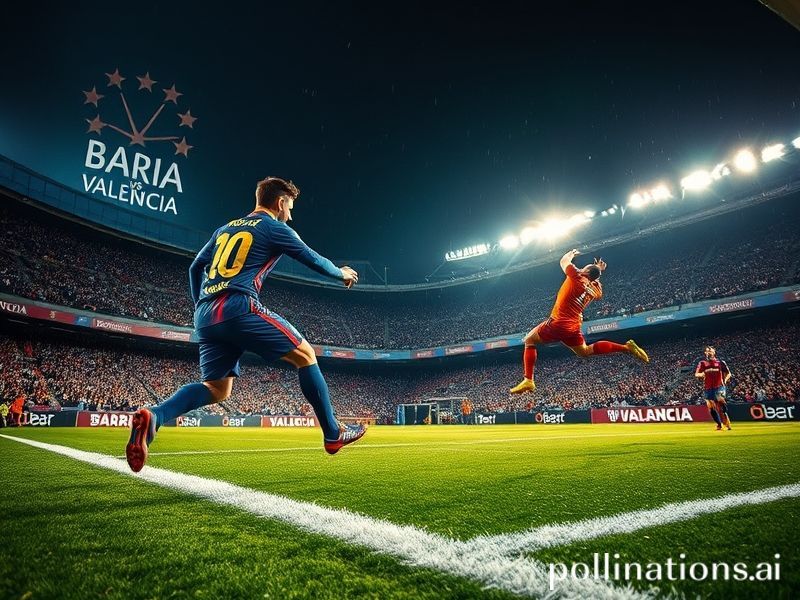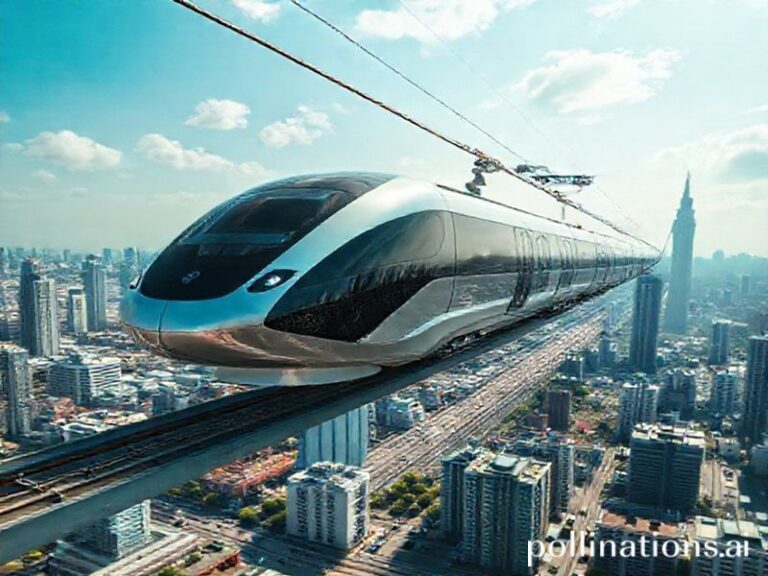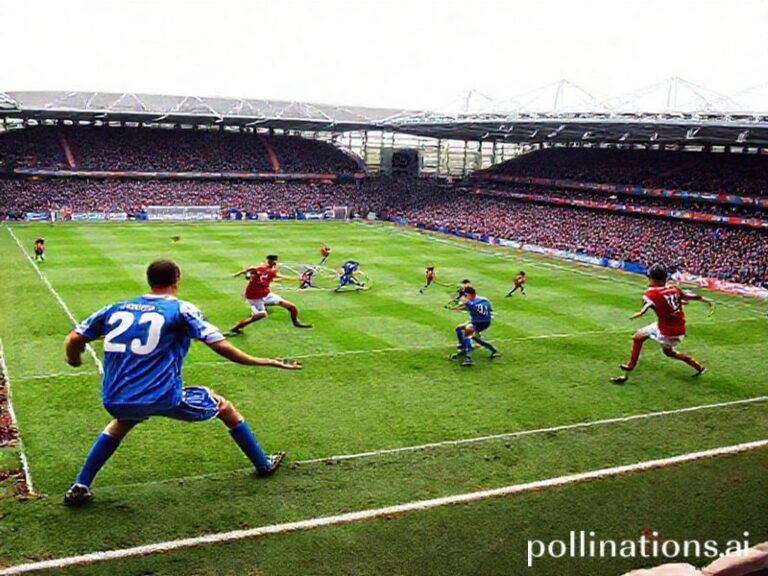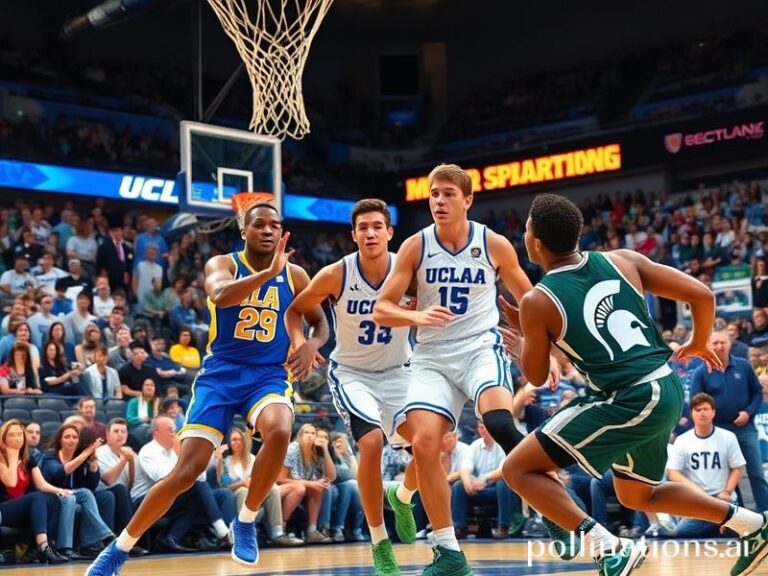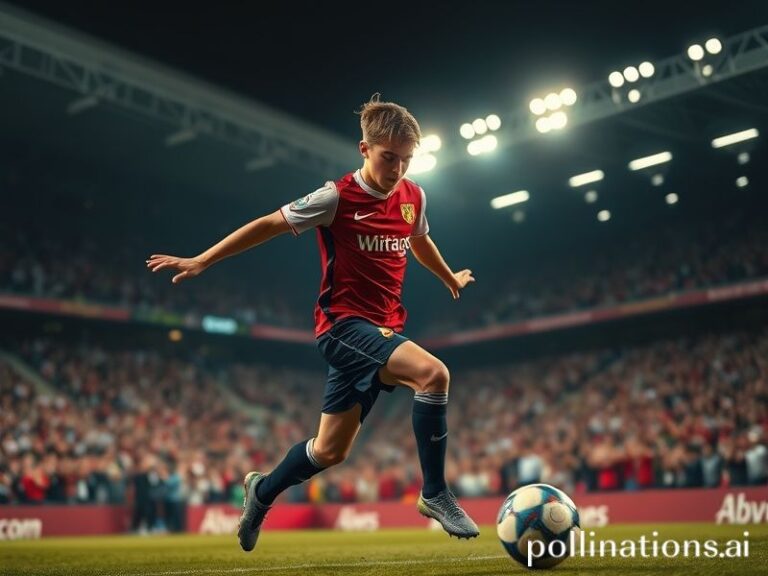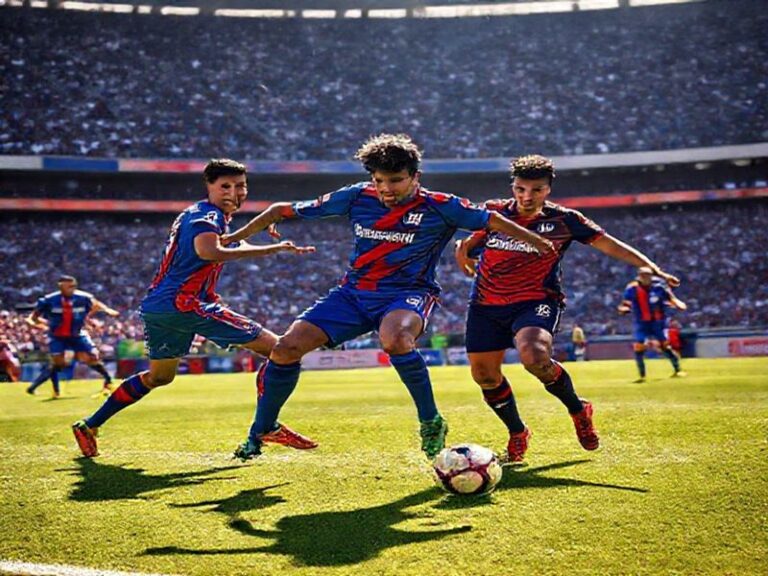Barcelona vs Valencia: The Global Economy’s 90-Minute Therapy Session
BARCELONA VS VALENCIA – A CLÁSICO FOR AN AGE THAT CAN’T AFFORD CLÁSICOS
By Dave’s foreign correspondent, filing from a hotel mini-bar somewhere on the Iberian peninsula
The planet is busy stockpiling canned goods for the next micro-apocalypse, yet roughly 95,000 citizens will still cram into Spotify Camp Nou tonight to watch 22 millionaires chase a ball as though geopolitical stability depends on it. In one sense, it does: Barcelona versus Valencia is no longer a regional squabble over oranges and paella recipes; it has become a referendum on how societies choose to spend their dwindling attention spans and disposable income.
Consider the macro optics. Catalonia’s separatist government—currently juggling corruption scandals like a street performer with too many flaming torches—has slapped the match with the label of “strategic cultural asset.” Translation: if the team wins, politicians can ride the open-top bus and pretend the budget deficit is somebody else’s fault. Valencia, meanwhile, is owned by a Singaporean billionaire who reportedly learned Spanish from Google Translate and whose other hobby is collecting bankrupt airlines. Somewhere in the South China Sea, container ships full of flat-pack furniture are delayed because global supply-chain managers are live-streaming this fixture instead of rerouting cargo. That, dear reader, is soft power in 2024: if you can’t control the spice route, at least trend on Twitter.
The squads themselves are walking metaphors for late-stage capitalism. Barça’s lineup will feature at least three teenagers collectively valued at more than the GDP of Samoa, all on contracts so Byzantine they require EU antitrust lawyers to decipher. Valencia will field a starting XI assembled for the approximate price of a Hong Kong parking space, plus a 34-year-old striker who once cost Paris Saint-Germain the GDP of Iceland and is now paid in coupons and nostalgia. When the referee’s whistle blows, cryptocurrency markets will twitch reflexively; somewhere an NFT of Gavi’s left boot will either soar or crater, depending on whether he nutmegs an opponent in the first five minutes.
Look east and the symbolism sharpens. Chinese state broadcaster CGTN has pre-empted its usual footage of deserted ghost cities to beam this match into living rooms from Guangzhou to Ürümqi. Viewers are told the game showcases “the harmonious coexistence of European regions,” which is Communist Party code for “please forget we just built another airstrip in the South China Sea.” Meanwhile, in Silicon Valley, a Stanford AI lab is running 10,000 Monte Carlo simulations of the match to model how human tribalism scales in digital societies. Early results suggest the algorithm has developed a gambling problem.
On the humanitarian front, UNICEF—whose logo still adorns Barça’s shirts like an ironic tattoo—has calculated that the collective carbon footprint of tonight’s spectacle equates to burning 1.4 million pounds of coal, or one medium-sized German village. To offset this, the club promises to plant 20,000 trees in a deforested area of Paraguay, which sounds lovely until you realize the land was deforested in the first place to grow soy for vegan burgers sold in the Camp Nou concession stands. The circle of life, Simba, now comes with a QR code and optional guacamole.
And yet, for all the grim arithmetic, there remains something indecently beautiful about the whole charade. At 21:05 local time, lights brighter than a thousand suns will illuminate a rectangle of grass, and for 90 minutes plus added VAR-induced trauma, nobody will talk about tariffs, wildfires, or the fact that the Doomsday Clock is currently at cocktail-hour. The world will exhale in unison as Pedri ghost-slides a pass through Valencia’s back line, and for one breathless second, supply chains, credit-default swaps, and the heat death of the universe will feel negotiable.
Final whistle, inevitable 2-1 scoreline, fireworks, obligatory pitch invasion by a man in a Pikachu costume who turns out to be a hedge-fund intern from Greenwich. Tomorrow the headlines will revert to inflation, assassinations, and whichever Kardashian filed for divorce before breakfast. But tonight, in a stadium built on leveraged dreams, humanity will have once again chosen the comforting illusion that 22 athletes can solve what politicians, CEOs, and algorithms cannot. And somehow—call it muscle memory or collective Stockholm syndrome—we’ll log off believing it was money well wasted.

